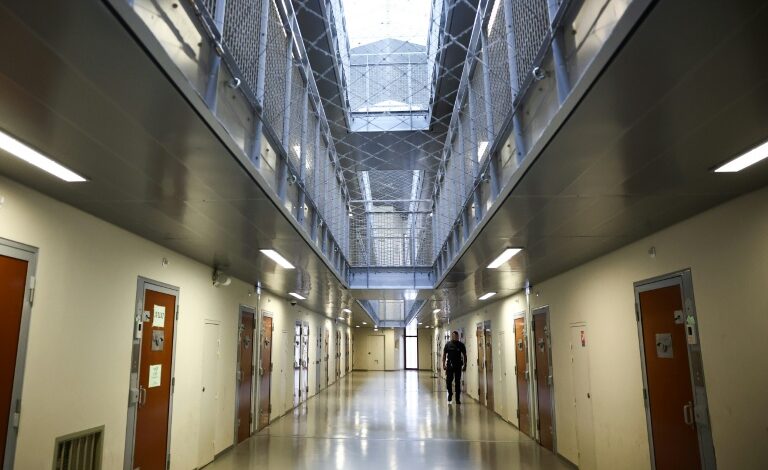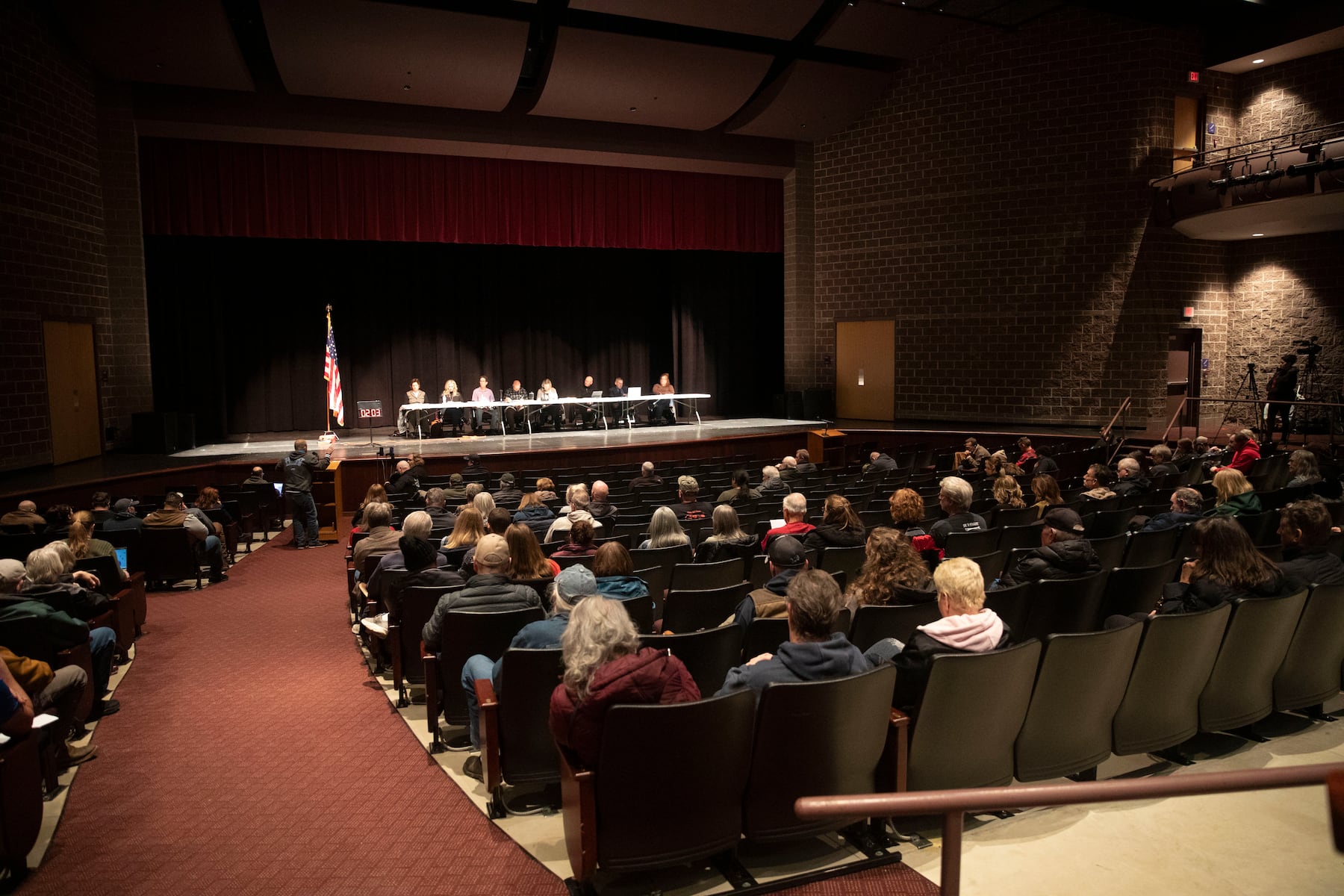Sarkozy Begins Prison Sentence for Libyan Funding Scheme

UPDATE: Former French President Nicolas Sarkozy has begun serving a prison sentence as of Tuesday, October 3, 2023, following his conviction for criminal conspiracy linked to a scheme that allegedly secured Libyan funding for his 2007 presidential campaign. This historic ruling makes Sarkozy the first ex-leader of an EU country to face incarceration.
The conviction, announced on September 25, 2023, concluded that Sarkozy engaged in a conspiracy involving late Libyan dictator Moamer Kadhafi to illegally finance his electoral bid. Despite his appeal against the verdict, the court deemed the offenses of “exceptional gravity,” mandating prison time even during the appeal process.
Sarkozy is currently held at La Santé prison in Paris, specifically in the solitary confinement wing, where he will occupy a cell measuring approximately 9 square metres (95 square feet). To mitigate interactions with other inmates and prevent potential media exposure, prison officials have opted for this arrangement, as confirmed by insider sources.
In a statement to the press after his sentencing, Sarkozy expressed defiance:
“If they absolutely want me to sleep in prison, I will sleep in prison — but with my head held high.”
His legal team is poised to file for his immediate release upon his arrival at La Santé, with the appeal process expected to unfold over the next two months.
The implications of this ruling extend beyond Sarkozy’s personal plight; it highlights a significant moment in French legal history. He is the first former president incarcerated since Philippe Pétain, who was imprisoned after World War II for collaboration with the Nazis.
Public sentiment appears divided yet critical, with a recent Elabe poll revealing that 60% of the French population view Sarkozy’s sentence as “fair.” Meanwhile, his son, Louis Sarkozy, is rallying support from the right-wing community, urging citizens to demonstrate outside their home on the morning of his incarceration.
The sentencing has also sparked controversy, including death threats against the presiding judge, prompting President Emmanuel Macron to label such attacks as “unacceptable.” As legal proceedings progress, France is keenly observing the former president’s next moves, including the potential for release under judicial supervision or home arrest with monitoring devices.
Sarkozy’s legal troubles have been extensive; he has faced multiple convictions since leaving office, including a prior graft conviction involving an attempt to secure favors from a judge. The latest ruling centers on allegations that Sarkozy and his aides negotiated a deal with Kadhafi to receive financial backing in exchange for restoring Libya’s international image.
As developments unfold, the global community is watching closely, particularly given the involvement of a high-profile political figure in a case that has captivated and divided public opinion in France. The coming weeks will be crucial, not only for Sarkozy but for the ongoing discourse surrounding legal accountability for political leaders.






